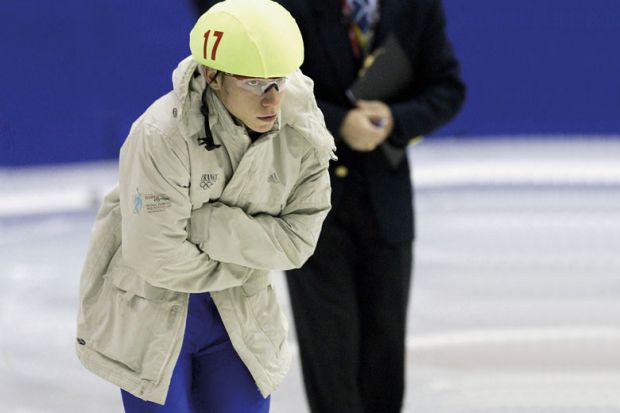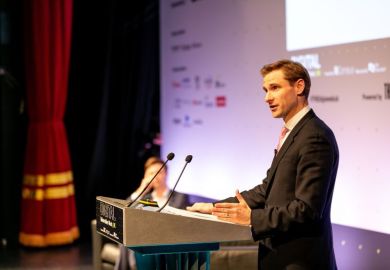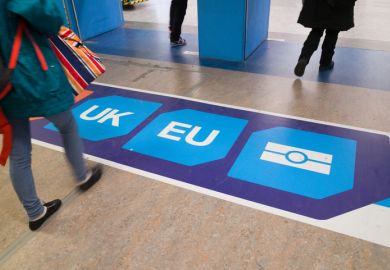Russia’s government has barred its researchers from participating in international conferences and will stop indexing Russian scientists’ publications in international databases, according to its Ministry of Science and Higher Education.
The move, which comes nearly a month after Russia invaded Ukraine, comes as a fresh blow to Russian scholars, who in recent weeks have become increasingly cut off from their colleagues around the world.
Russian minister of science and higher education, Valery Falkov, told university rectors that a “rethink” of its approach was in order. “We need to proceed from our national interests,” he said.
“It is necessary to rethink our work at this stage and provide support for Russian scientific publications, as well as reduce the share of bibliometric and scientometric indicators in the assessment of scientific teams that are engaged in fundamental, applied and socio-humanitarian research.”
Already, a slew of Western institutions have severed ties with their Russian counterparts, cutting off funding to joint projects and putting future research collaborations on the rocks. Many Ukrainian scientists have pushed for cutting off Russia in every way possible to express condemnation of the war.
While Mr Falkov clarified that Russian researchers would still be allowed to publish on top Western platforms, the ministry’s move effectively removes the incentive for them to do so.
“We are not calling for a stop to publication in Web of Science and Scopus publications. Russia should remain on the frontier of global science,” he said.
The move does not bode well for Russian universities’ performance in international rankings, which are often based on Web of Science and Scopus data.
Russia’s Ministry of Science and Higher Education did not address the issue in its announcement. Still, on the same day, it reassured researchers that “not a single development programme” under the agency would stop.
So far, the news has been greeted with scepticism by Russian researchers. “I don’t see any logical reasoning behind these decisions from the Russian side [or] from the international one,” one academic told Times Higher Education.
The researcher, who asked not to be named, stressed that “political issues should not interfere with our joint mission of accumulating knowledge” and said he was “really happy” that most journal editors had not joined the boycotts to exclude submissions by Russian researchers, which he said would be “unfair discrimination”.
He also expressed confidence that Russian scientists would “still find a way to join the discussion with their international colleagues” – ban or no ban.
“In Russia, we have so many things banned, so most of the people are not even taking it seriously,” he said. “People in Russia are used to avoiding such useless regulations.”
Register to continue
Why register?
- Registration is free and only takes a moment
- Once registered, you can read 3 articles a month
- Sign up for our newsletter
Subscribe
Or subscribe for unlimited access to:
- Unlimited access to news, views, insights & reviews
- Digital editions
- Digital access to THE’s university and college rankings analysis
Already registered or a current subscriber? Login








